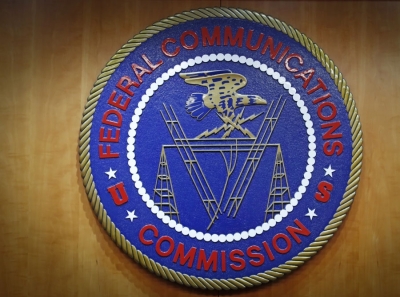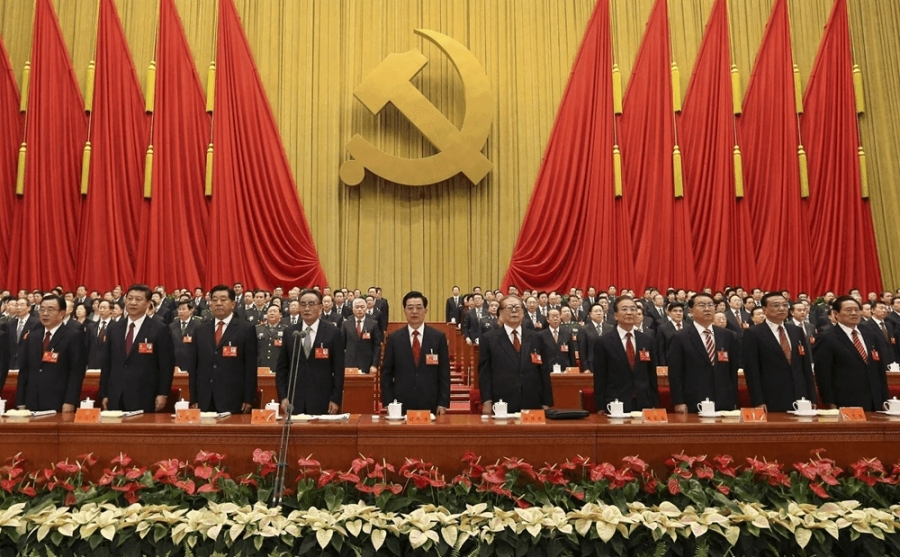In a major collaborative effort aimed at exposing instances of alleged Chinese espionage, both London and Washington have divulged details of a prolonged campaign conducted by Beijing over the course of a decade.
This campaign, according to officials, has purportedly involved actions to suppress dissent, compromise governmental institutions, and pilfer trade secrets.
In the United Kingdom, government ministers disclosed that China had purportedly succeeded in accessing a significant volume of personal data through a cyberattack on Britain’s electoral oversight body.
Additionally, it was claimed that attempts were made to surveil members of parliament critical of Beijing.
Simultaneously, authorities in the United States unveiled that a specific cadre of Chinese hackers, identified as Advanced Persistent Threat 31 (APT31), had allegedly breached the email accounts, cloud storage systems, and telephone records of millions of American citizens.
These hackers purportedly inundated their targets with 10,000 deceitful emails in efforts to compromise their digital infrastructure.
Expressing concern, US authorities cautioned that the acquired information might be exploited to support activities of “malign influence” targeting democratic processes and institutions, as well as intellectual property and trade secrets belonging to American enterprises.
In response to these alleged breaches, the UK imposed sanctions on two Chinese officials and one entity, while the US brought charges against seven individuals in connection with attacks dating back to at least 2010.
The individuals sanctioned by the UK are Zhao Guangzong, aged 38, and Ni Gaobin, also 38, both purportedly associated with the APT31 hacking group and Wuhan Xiaoruizhi Science and Technology Company Ltd, which the UK government asserts functions as a front for APT31.
Furthermore, there are indications that British authorities are on the brink of officially designating China as a threat to national security, prompted by the revelations of the extensive cyberattack.
Some members of the Conservative Party voiced dissatisfaction with the government’s response, deeming it insufficient given the perceived severity of the threat. Sir Iain Duncan Smith, a former Tory leader who claims to have been targeted by Chinese hackers, and who has personally been sanctioned by Beijing, likened the government’s actions to a disproportionately weak response.
The breach targeting the UK’s Electoral Commission potentially exposed the personal details of over 40 million individuals registered to vote between 2014 and 2022, along with compromised email correspondence.
Authorities fear that this data could be utilized to target individuals, particularly dissenting groups within the UK, aligning with Beijing’s known tactic of bulk data collection facilitated by advancements in artificial intelligence.
Addressing concerns in the House of Commons, Oliver Dowden, the Deputy Prime Minister, asserted that the integrity of the UK’s political processes and institutions remained intact despite the breaches.
China has vehemently denied these allegations, with the Chinese embassy dismissing them as fabricated and baseless accusations.
They reiterated China’s stance against cyberattacks and asserted that China does not endorse or engage in such activities.
Critics of the government’s response, including former immigration minister Robert Jenrick, characterized it as insufficient and accused authorities of failing to hold China accountable for its actions.
Similar sentiments were echoed by New Zealand, which has also experienced cyber intrusions allegedly originating from China targeting its parliamentary institutions.
The US Attorney General, Merrick Garland, underscored the severity of the issue, emphasizing the lengths to which the Chinese government purportedly goes to target critics and undermine national security.
His deputy, Lisa Monaco, pledged relentless pursuit and accountability for cybercriminals who threaten democracies and national security.
Click here for more News & Current Affairs at EU Today
_____________________________________________________________________________________________________________

Follow EU Today on social media:
Twitter: @EU_today
@EU_sports
Facebook: https://www.facebook.com/EUtoday.net/
https://www.facebook.com/groups/968799359934046
YouTube: https://www.youtube.com/@eutoday1049







